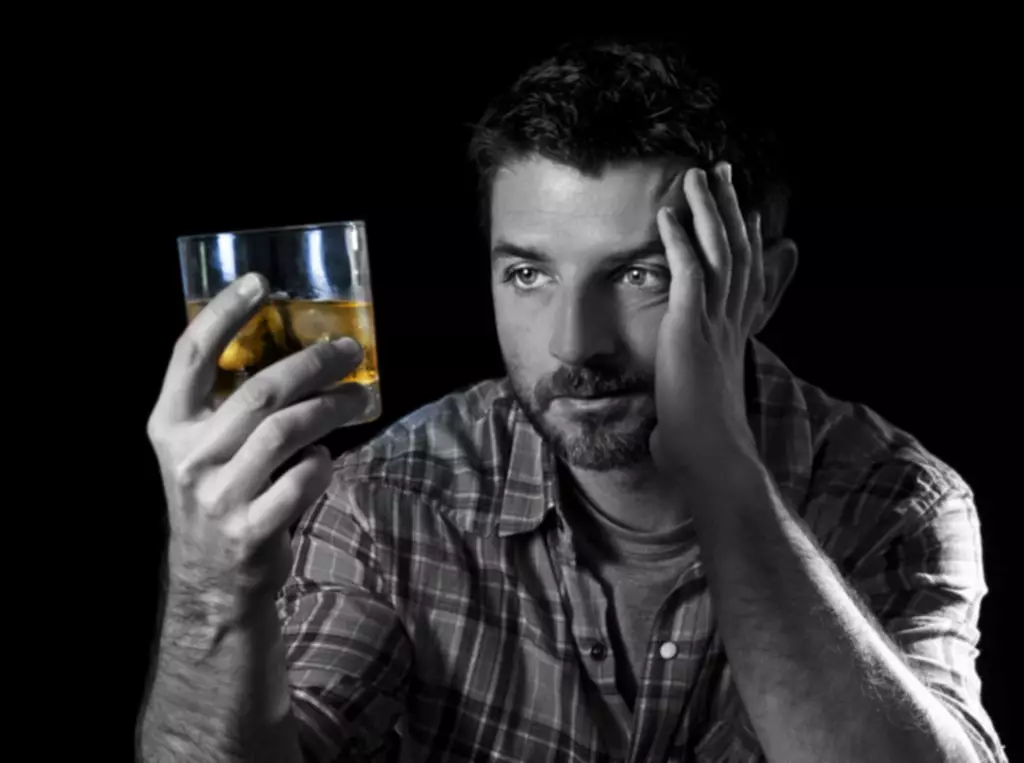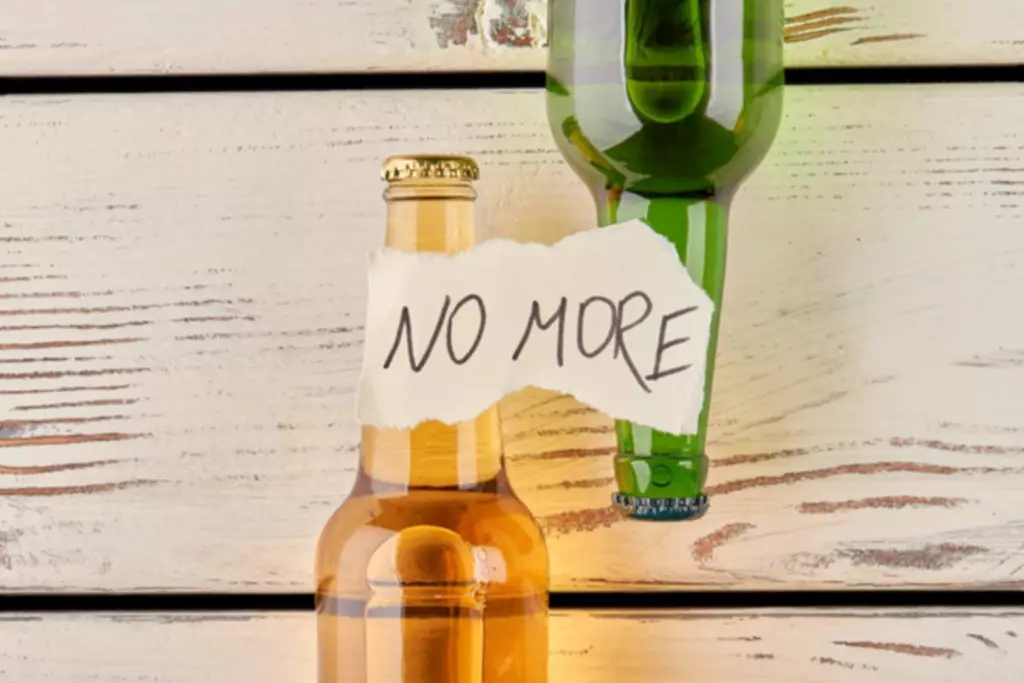
Alcohol dehydration is a condition where the body loses significant amounts of water and essential electrolytes as a result of alcohol consumption. Symptoms of alcohol dehydration include headaches, fatigue, nausea, and an overall feeling of weakness. In summary, understanding how much alcohol dehydrates you involves recognizing its diuretic properties and their implications for hydration levels within your body. The type of beverage consumed plays a vital role in determining its dehydrating potential—spirits being particularly impactful due to their high alcohol content. Research indicates that hangover severity often correlates with how much water was consumed alongside alcoholic beverages during the previous night’s activities.
Alcohol’s Diuretic Effect
- If you progress from primary to secondary to tertiary, the acidity of alcohol decreases.
- Protonation of alcoholic oxygen takes place which makes it a better leaving group.
- Interestingly, studies have shown that people over 50 overcome the suppression of ADH from alcohol more quickly than their younger counterparts.
- This article describes what is known about the hangover condition, the possible physiological factors contributing to it, and treatment options.
Alcohol intoxication results in vasodilatation, which may induce headaches. Alcohol has effects on several neurotransmitters and hormones that are implicated in the pathogenesis of headaches, drug addiction treatment including histamine, serotonin, and prostaglandins (Parantainen 1983). This means pacing yourself, eating before drinking, knowing your limits, and avoiding excessive consumption. After a night of drinking, you may have gaps in memory, in which you recall some details from a situation or event but forget others. Alcohol’s impact on memory and consciousness is based on its effect on the hippocampus, the part of the brain that controls memory and learning. Loss of coordination (ataxia) is a common short-term effect of alcohol and is linked to how alcohol affects the brain’s cerebellum.
Treatments for Hangover

Alcohol can really mess with your hydration levels, and it’s not just a myth. It’s important to know that drinking can lead to dehydration, especially if you’re not careful. Next time you’re out enjoying a drink, remember to balance it out with water. Staying hydrated is key, and it can help you feel better overall. Don’t let the fun of a night out turn into a headache the next day. Keep these facts in mind, and you’ll be in a better spot to enjoy your drinks without the dehydration hangover.

What are the best electrolytes for hangovers?

During a hangover, a person’s attention, decision-making, and muscle coordination can all be impaired. Also, the ability to perform important tasks, such as driving, operating machinery, or caring for others can be negatively affected. Its diuretic effects lead to wrinkled, gray, lackluster skin that can look swollen and puffy. Dehydration can also impact heart function, increasing the risk of heart attack or stroke, especially in people with pre-existing heart conditions. It impairs your kidneys’ ability to filter blood and makes them work harder.
Tips for Letting Go of Toxic People (Without the Guilt Trip)

Wine also tends to have a higher sugar content, which may further contribute https://ecosoberhouse.com/ to the dehydrating effects. While drinking extra liquids may generally lead to more frequent urination, a diuretic liquid such as alcohol will encourage the body to expel even more liquid. Instead, consider the physical impact of chemicals like acetaldehyde – the primary culprit behind many of the negative after-effects of drinking. A good example of this is that researchers have observed a subset of people who experience intoxication without experiencing any of alcohol’s next-day effects, regardless of what or how much they have to drink. But while we know these lucky people exist, scientists have no idea why this is the case, nor can they find any appreciable difference between these people and the general population. If the reaction is not sufficiently heated, the alcohols do not dehydrate to form alkenes, but react with one another to form ethers (e.g., the Williamson Ether Synthesis).
Alcohol upon reaction with protic acids tends to lose a molecule of water to form alkenes. These reactions are known as dehydrogenation or dehydration of alcohols. Whether you’re exercising or just out in the heat, sweating causes a loss of fluids and electrolytes.
Tips for Staying Hydrated While Drinking Alcohol
- Over time, this can lead to premature aging of the skin, resulting in fine lines and wrinkles.
- AB and NAB did not differ at any time point in terms of the urine output, osmolality, and sodium and potassium concentration.
- The body may tolerate a moderate intake of beer without experiencing dehydration.
- Research published in Psychopharmacology found that alcohol suppresses the release of vasopressin, an antidiuretic hormone that regulates kidney function and urine production.
Research has not found a correlation between the extent of electrolyte disruptions and the severity of hangovers, or the impact of added electrolytes on hangover severity. In most people, the body will quickly restore electrolyte balance once the effects of alcohol subside. Alcohol-induced hypoglycemia generally occurs after binge drinking over several days in alcoholics who have not been eating. Because glucose is the primary energy source of the brain, hypoglycemia can contribute to hangover symptoms such as fatigue, weakness, and mood disturbances. Diabetics are particularly sensitive to the alcohol-induced alterations in blood glucose. However, it has not been does wine dehydrate you documented whether low blood sugar concentrations contribute to hangover symptomatically.
- Little is known about the physiology underlying the hangover condition.
- Furthermore, alcohol consumption can also lead to a reduction in the production of collagen, a protein that is essential for maintaining the elasticity and firmness of the skin.
- One glass of liquor drunk slowly over the course of an evening will be less dehydrating than having several beers or glasses of wine during the same time frame.
- Drinking alcohol at a slower pace can reduce its dehydrating effects.
- Drinks that contained electrolytes—milk and oral rehydration solutions, for example—were more hydrating after two hours compared to water.
- But the type of alcohol you choose affects how dehydrated you become.
Preventing Dehydration from Alcohol
- In order to break this substance down and remove it from the body, your liver does most of the work of turning it into acetate.
- That impact shows very little relationships between alcohol and dehydration, and it’s not just one thing.
- Generally, the higher the alcohol content of a beverage, the more dehydrating it can be.
- Multi-flavor pouches are available for mixing it up, and subscriptions allow users to save 25%.
The best hangover electrolytes contain at least 1,000 milligrams of potassium and no more than 40 milligrams of sodium. Alcohol restricts blood vessel dilation and increases heart rate, which explains why drinking can cause arrhythmia and elevated blood pressure. Heavy drinking will cause dehydration, no matter what preventative strategies you are using.
But if you’re experiencing signs of moderate or severe dehydration, it’s important that you seek medical treatment immediately. An intravenous hydration (IV) can help replenish fluids and a doctor can run tests. If you take diuretics, antacids, laxatives and blood pressure medication, they may be designed to flush water and electrolytes out of your body.
